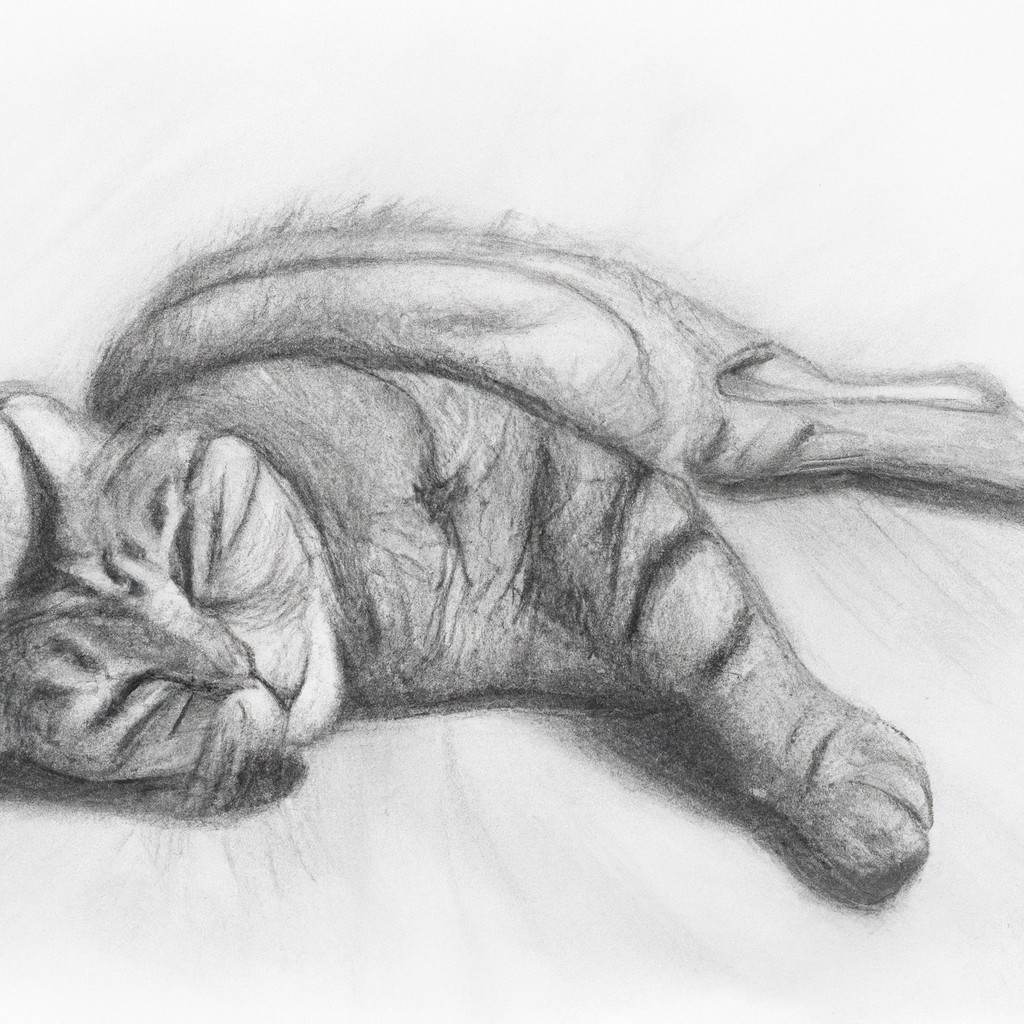Dear VetBabble: How Can I Help My Cat with a Possible Respiratory Infection Who Won’t Eat and is Lethargic?
It can be concerning to see your feline friend not feeling their best, and respiratory infections can be tricky situations for pet owners to navigate. In this article, we’ll answer the question: “How can I help my cat who might have a respiratory infection, won’t eat and is really lethargic?”. We’ll go over what you can do at home to help your cat feel better, when it’s time to see a vet, and how to prevent respiratory infections in the future.
Recognizing Respiratory Infections in Cats
Respiratory problems, sometimes called the “cat flu,” can manifest in various ways. Some signs to look for include:
- Nasal discharge (snot)
- Sneezing
- Coughing
- Eye discharge
- Fever
- Loss of appetite
- Lethargy
If you suspect your cat is suffering from a respiratory infection, it’s essential to keep an eye on them and make them as comfortable as possible. Lethargy and loss of appetite can be particularly worrying, as these can lead to more severe problems, such as liver damage.
Help Your Cat at Home: Tips to Reduce Discomfort
Although some home remedies may temporarily ease your cat’s symptoms, it’s essential to know that a visit to the vet may still be necessary. Here are a few things you can try at home while monitoring your cat’s condition:
- Keep their nose clean: Use a warm, damp cloth to gently remove any nasal discharge from their nose.
- Humidity for congestion: Bring your cat into a steamy bathroom to help alleviate congestion. Close the door and turn on the hot shower to create humidity. Keep your cat in there with you for about 10-15 minutes.
- Encourage them to eat: If your cat has stopped eating, you can find some helpful tips in “My Cat Won’t Eat! What Should I Do?“. One suggestion is to warm up their canned food slightly. This can make it more aromatic and potentially more appealing to your cat.
When to See the Vet
Despite your best efforts, your cat’s condition may not improve, or it could even worsen. In such cases, it’s essential to consult a veterinarian promptly. So when should you take your cat to the vet?
- If your cat has not eaten for more than 24- 48 hours
- If their condition does not improve or worsens within a day or two
- If your cat is struggling to breathe
- If they exhibit severe symptoms, such as vomiting (find out more at “Why is My Cat Vomiting?“)
Your vet will assess your cat’s condition and may recommend treatment, such as antibiotics, to help combat the infection. To learn more about respiratory infections in cats, read our article on “Feline Upper Respiratory Infection and How to Treat“.
Preventing Respiratory Infections
While it is not always possible to prevent respiratory infections in your cat, there are steps you can take to manage their risk:
- Keep your cat vaccinated
- Provide a clean, well-ventilated living space
- Reduce stress by maintaining a consistent routine and environment
By following these steps and being attentive to your cat’s needs, you can help to ensure they stay happy, healthy, and comfortable. And remember, always consult with a professional if you’re unsure about your cat’s health.
